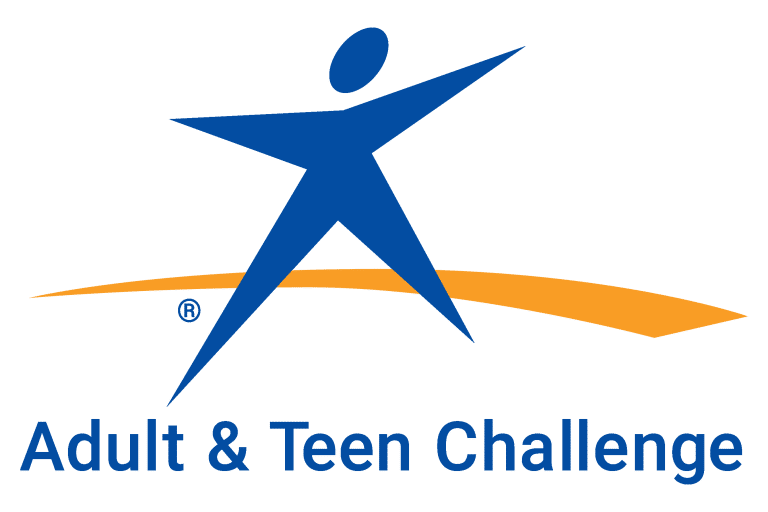I want to share with you some research about doctors and their likelihood of being sued. This information has tremendous implications for Teen Challenge. What follows is a quick synopsis of Blink (see pages 39-43) a book by Malcolm.
An insurance company that carries malpractice insurance for doctors investigated the likelihood of the doctors they covered being sued. Do you examine their experience, credentials and the number of errors they have made or do you listen to brief snippets of conversation between the doctor and his patients? Which determines the likelihood of a doctor being sued more accurately?
“Believe it or not, the risk of being sued for malpractice has very little to do with how many mistakes a doctor makes. Analysis of malpractice lawsuits show that there are highly skilled doctors who get sued a lot and doctors who make lots of mistakes and never get sued. In other words, patients don’t file lawsuits because they’ve been harmed by shoddy medical care. Patients file lawsuits because they’ve been harmed by shoddy medical care and something else happens to them.” (Blink, pg. 40)
“What is that something else? It’s how they were treated, on a personal level, by their doctor.” Over and over patients say they were rushed or ignored or treated poorly.
One patient had a internist and a radiologist involved with her treatment and wanted to sue the internist for malpractice. The lawyer showed her that it was actually the radiologist who was at fault and not the internist, but the patient refused to sue the radiologist because she liked him, even though the radiologist was at fault. People do not sue doctors who take time to listen to them and see them as a whole person and treat them like a human being.
Looking at doctors who had not been sued verses doctors who had been sued, doctors who were not sued:
- spent an average of three minutes longer with their patients,
- were more likely to take time to explain things,
- offered time for questions,
- were more likely to engage in active listening,
- far more likely to laugh and be funny,
- offered no difference in the quality or amount of information, and
- provided no more details about medication or the patients condition.
“The difference was entirely in how they talked to their patients.”
Here is the concluding paragraph:
Next time you meet a doctor, and you sit down in his office and he starts to talk, if you have the sense that he isn’t listening to you, that he’s talking down to you, and that he isn’t treating you with respect, listen to that feeling. You have … found him wanting”
OK, if you read all of that and you were thinking “doctors” you missed the point. The implications of this research apply in many jobs and other relationships, but especially in Teen Challenge.
We know there are complaints and lawsuits, not your center of course! How much of that could be avoided if we just applied the lessons of this research. The implications are that almost all complaints and lawsuits could be avoided. How much easier would that make all of our jobs, not to mention our insurance premiums!
Reread the article and think “Teen Challenge”. With regard to the concluding paragraph above, how many parents or students are we shutting out?
I recommend reading this article, or even better yet pages 39-43 of Blink, with your staff and then discussing the implications for your ministry. Then brainstorm the changes that you need to make to improve. (We can all improve, no matter how good we are!) Then strategically develop specific actions that can be implemented. Develop a procedure and a plan for training and refresher training. Make it part of staff orientation.





